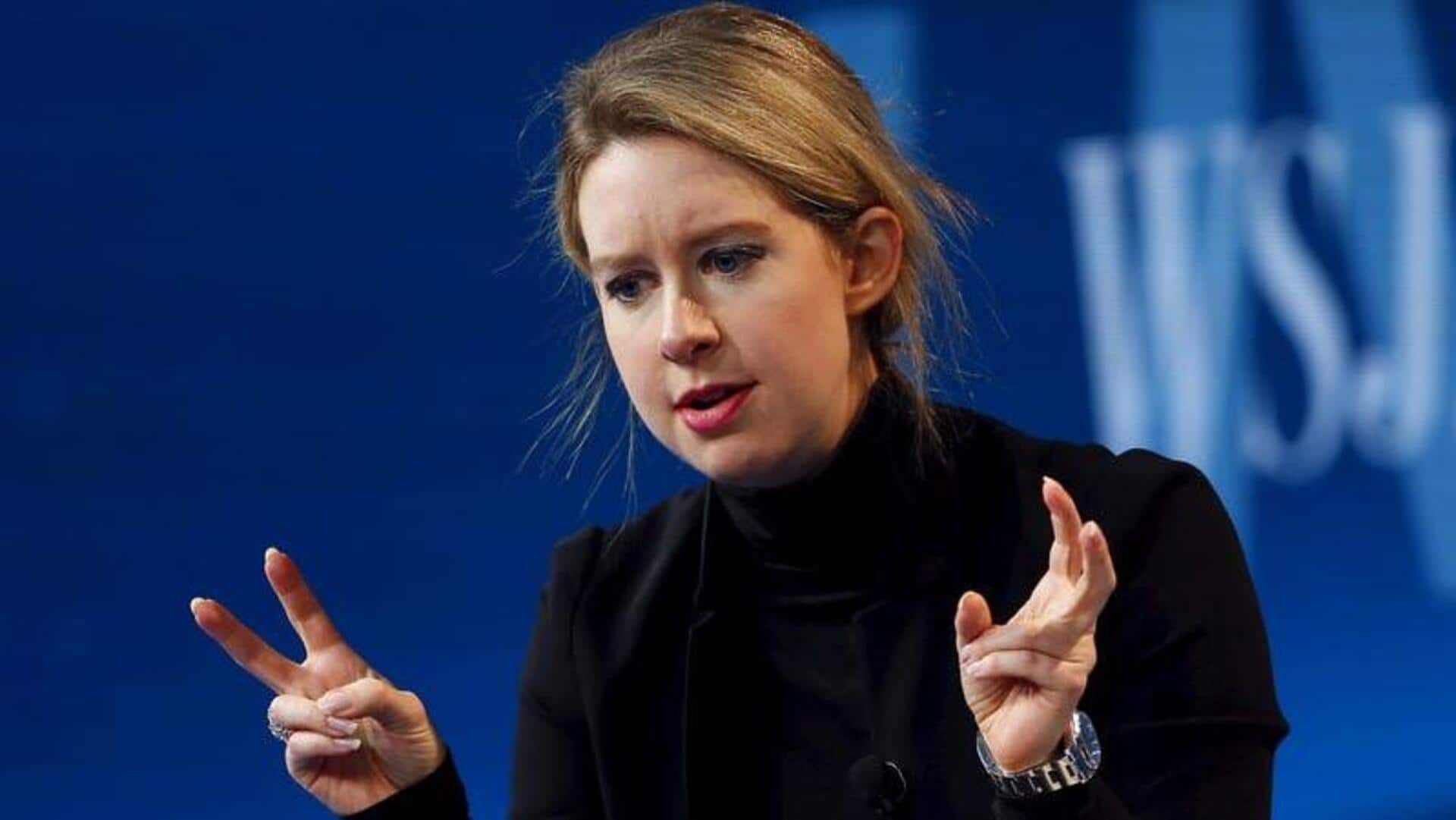
Theranos founder Elizabeth Holmes appeals against fraud conviction in US
What's the story
Elizabeth Holmes, the founder of the now-defunct Theranos, has appealed to a US federal court to overturn her fraud conviction. The appeal hearing, which took place on Tuesday, also included Ramesh "Sunny" Balwani, the former president of the company. Both Holmes and Balwani were convicted in 2022 and subsequently sentenced to 11 years and three months, and 12 years and 11 months, respectively. Their legal teams are now arguing for new trials due to alleged irregularities in the initial proceedings.
Legal
Holmes's legal team challenges witnesses
During the appeal hearing, Amy Saharia, a member of Holmes's legal team, emphasized that Holmes genuinely believed in the accuracy of Theranos's miniature blood testing device. She argued that Holmes was not intentionally misleading investors. The defense also raised concerns about the prosecution's key witnesses, ex-Theranos employee Kingshuk Das and ex-laboratory director Adam Rosendorff. They claimed that Das's qualifications were not adequately scrutinized, and that more evidence should have been allowed to challenge Rosendorff's credibility.
Prosecution
Prosecution maintains case against Holmes and Balwani
In response to the defense's arguments, Kelly Volkar, an assistant US attorney, defended the prosecution's case. She stated that Das had not testified improperly as an expert and reiterated that "it was not really contested that the device did not work." Despite the defense's objections, the prosecution maintained that the evidence against Holmes and Balwani was substantial, and not seriously disputed during the trial.
Judicial response
Judges express skepticism over prosecution's case
The three-judge panel, comprising Circuit judges Ryan Nelson, Jacqueline Nguyen, and Mary Schroeder, expressed skepticism toward both the defense and prosecution's arguments. Nelson noted that even sans the disputed testimony, "there was, it seemed to me, pretty overwhelming evidence." However, he and Schroeder also raised concerns about what opinions Das was allowed to give during the trial, indicating potential areas of doubt in the prosecution's case.